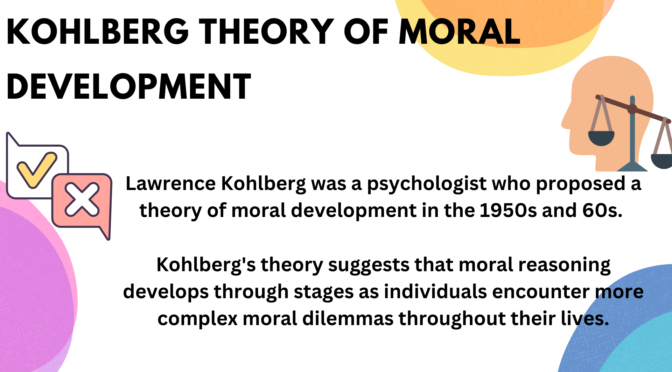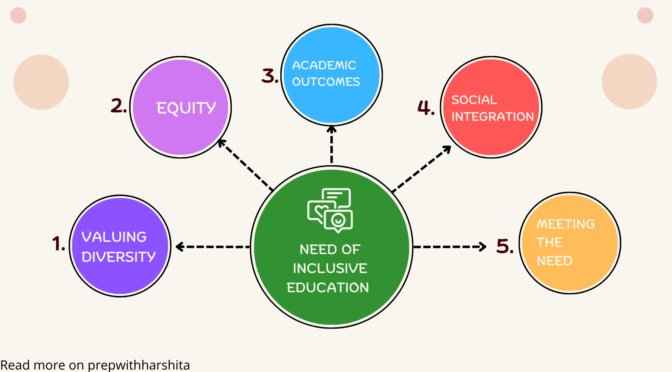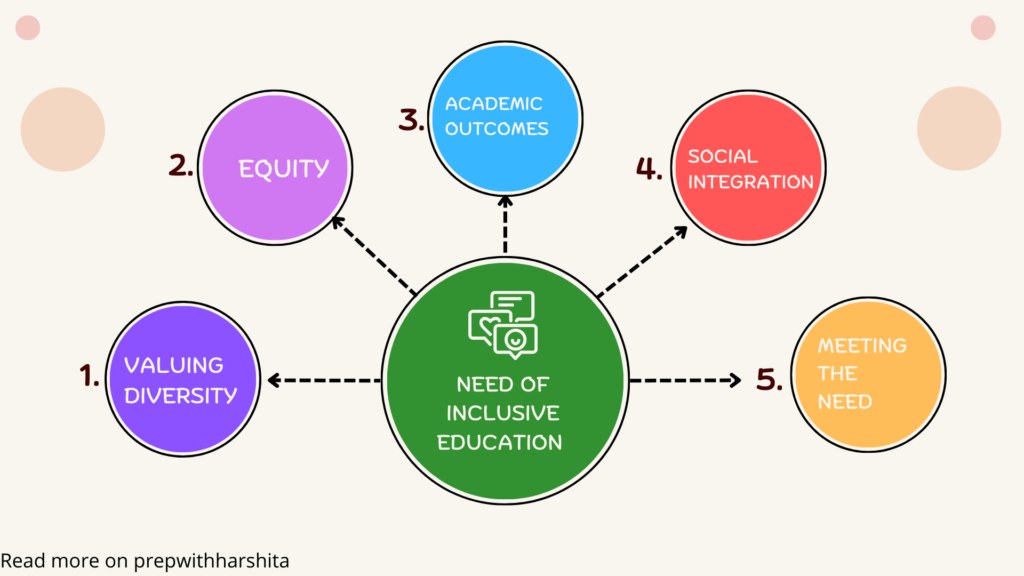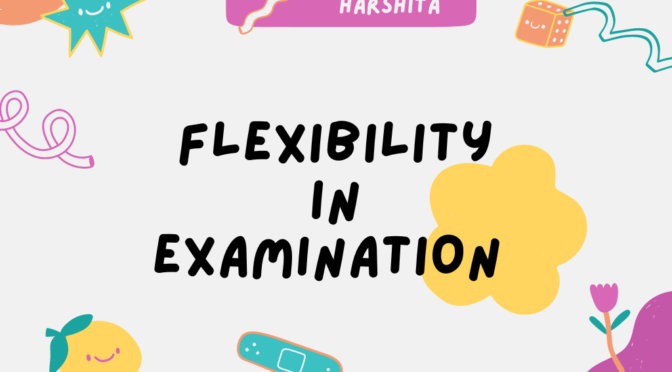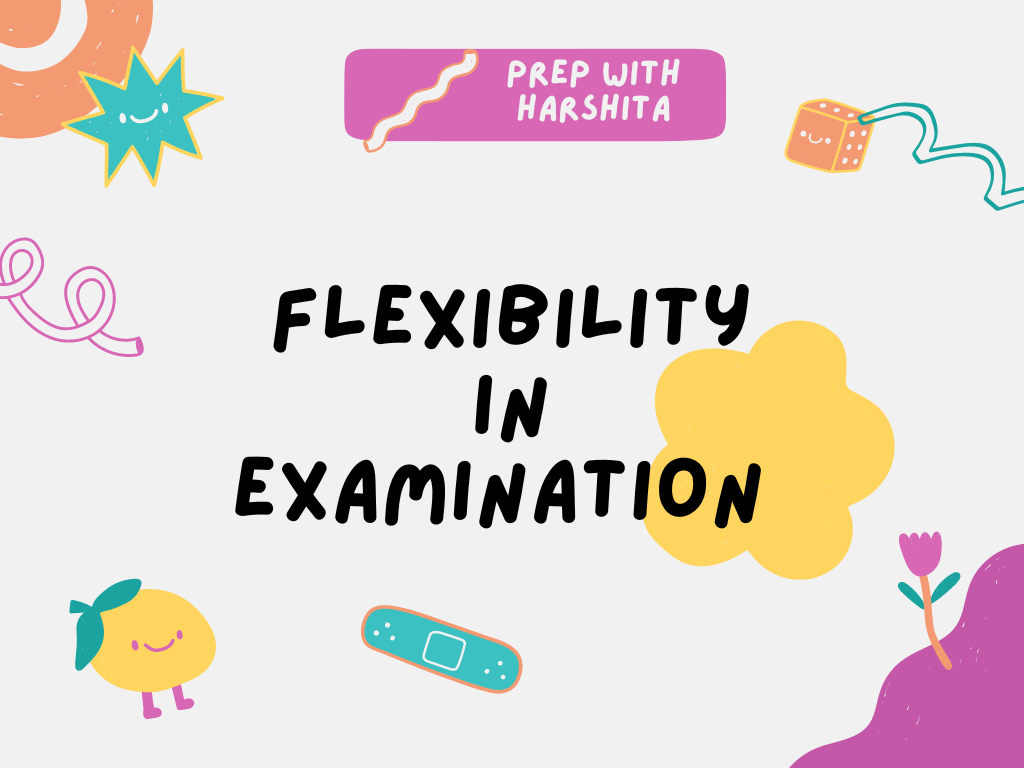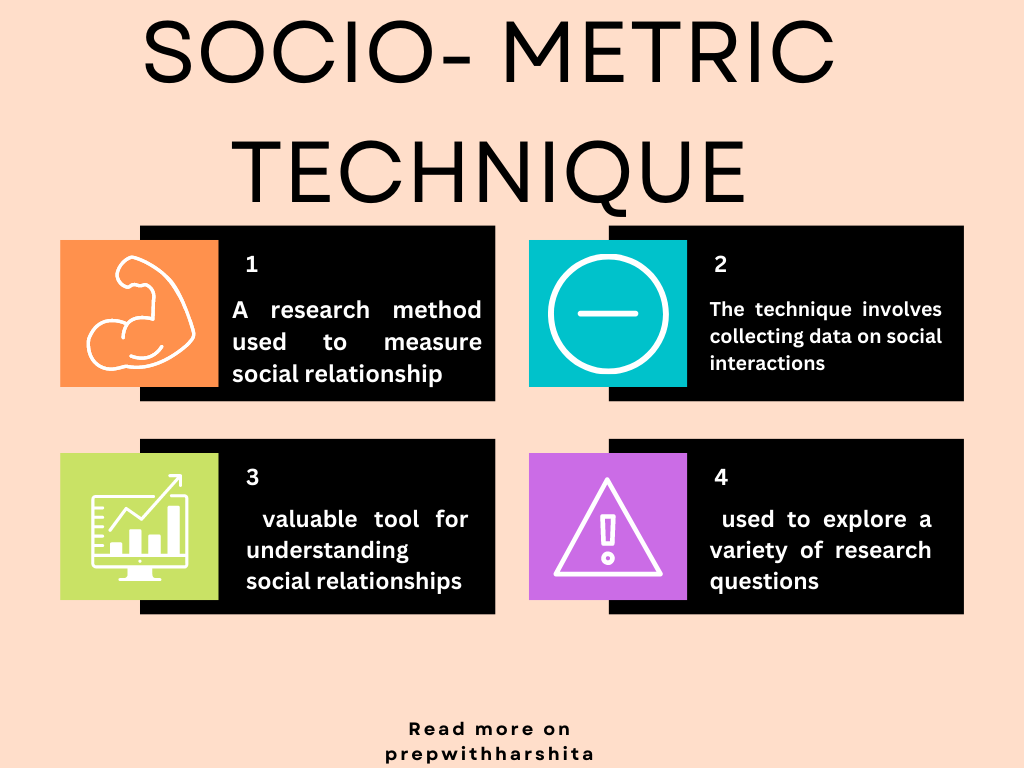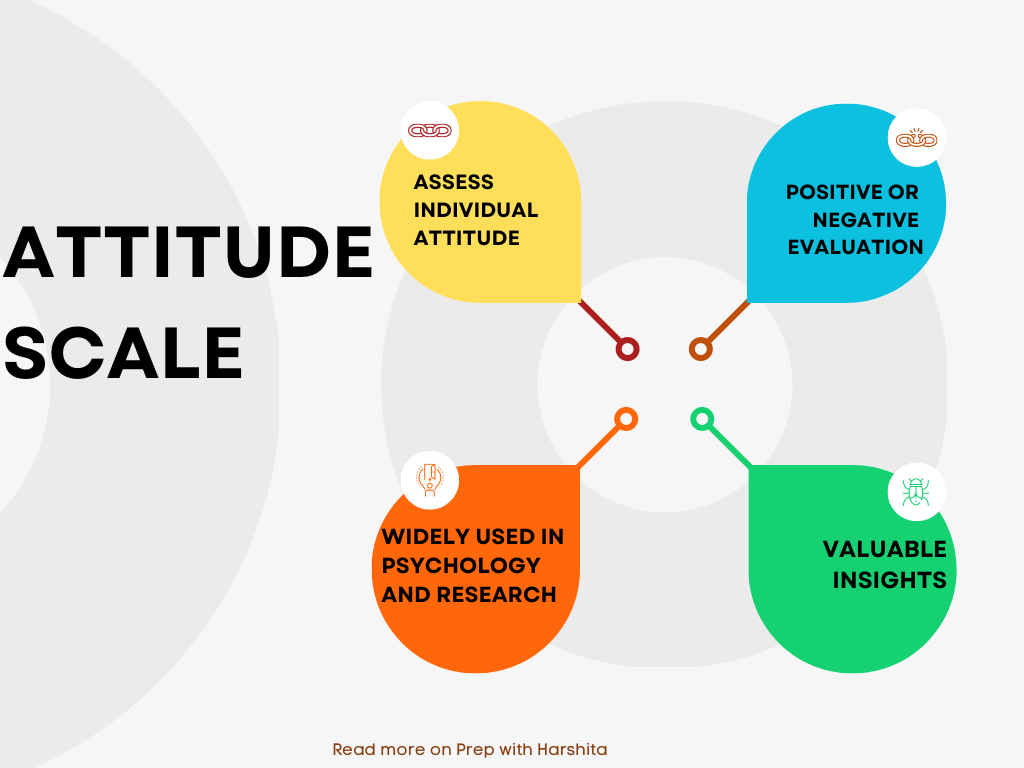Lawrence Kohlberg was a psychologist who proposed a theory of moral development in the 1950s and 60s. Kohlberg’s theory suggests that moral reasoning develops through stages as individuals encounter more complex moral dilemmas throughout their lives.
Levels of Kohlberg’s Theory of Moral Development
Kohlberg identified three levels of moral development, each with two stages, making a total of six stages of moral development:
Level 1: Pre-Conventional Morality
- Stage 1: Obedience and Punishment Orientation
- Stage 2: Individualism and Exchange
In the pre-conventional stage, children’s moral reasoning is based on avoiding punishment and seeking rewards. They focus on their own self-interests and do not consider the needs or perspectives of others.
Level 2: Conventional Morality
- Stage 3: Interpersonal Relationships and Good Intentions
- Stage 4: Maintaining Social Order
In the conventional stage, individuals are motivated to conform to the expectations of society and maintain social order. Moral reasoning is based on relationships with others and following social rules.
Level 3: Post-Conventional Morality
- Stage 5: Social Contract and Individual Rights
- Stage 6: Universal Principles
Also Visit: Prep with Harshita
In the post-conventional stage, individuals develop their own moral principles based on ethical principles and justice. Moral reasoning is based on respect for individual rights and a commitment to justice and equality.
Kohlberg believed that individuals progress through these stages sequentially, and that not everyone reaches the highest level of moral reasoning. He also recognized that individuals may face conflicts between their moral principles and the laws or norms of society.
Critics of Kohlberg’s theory argue that it is culturally biased and that it places too much emphasis on abstract reasoning rather than actual behavior. Despite these criticisms, Kohlberg’s theory has had a significant impact on the field of moral psychology and continues to be studied and debated today.
Read More on: Assessment Techniques of Personality


